Life Sciences undergraduates track bird song and coral reef diversity from home
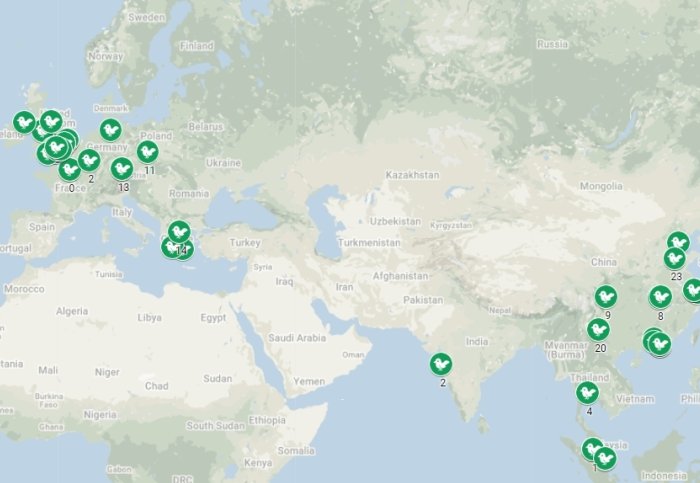
Students are submitting biodiversity data from countries all across the world
As part of the College's move to remote learning, 143 first-year students are taking a series of virtual field courses to investigate biodiversity.
Students and staff involved in the Department of Life Sciences' Ecology & Evolution module within the BSc Biological Sciences programme would normally find themselves at this time of year preparing to dive headfirst into the natural world, as part of a series of assignments aimed at improving their understanding of biodiversity.
With news of the COVID-19 outbreak across the globe, opportunities to be 'in the field', and seeing organisms in their natural habitat, shrank overnight.
The Department teaching team swiftly redesigned the module and are now instead able to offer a new 'Virtual Field Course' which features group activities, lectures, fieldwork, and data driven projects to keep students learning over the summer term.
The first task underway throughout May 2020 is the 'Dawn Chorus' project. If safe and legal, students are encouraged when in the garden or out on their daily exercise to record birdsong in their local neighbourhood, tracking variables such as the time of day and weather.
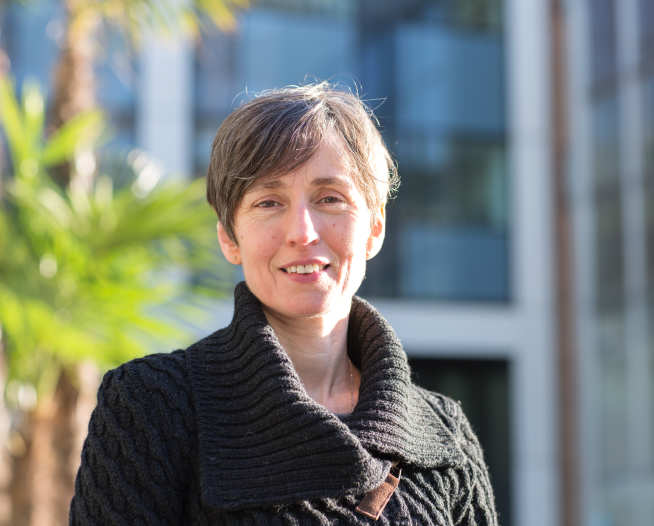
Commenting on the virtual field course, Professor Emma McCoy, Vice-Dean (Education) in the Faculty of Natural Sciences, said: "In these uncertain times we could all be forgiven for feeling cut-off from the outside world. If you're studying a Life Sciences programme at the College you likely feel doubly unsettled by our sudden alienation from nature.
"This refreshed module is a great example of what remains possible when the right expertise is combined with a focus on offering students enjoyable learning experiences, regardless of the global challenges we face.
"Through our campuses and our remote and online offerings we look forward to providing current and new students fresh perspectives in their chosen disciplines."
Mapping the dawn chorus
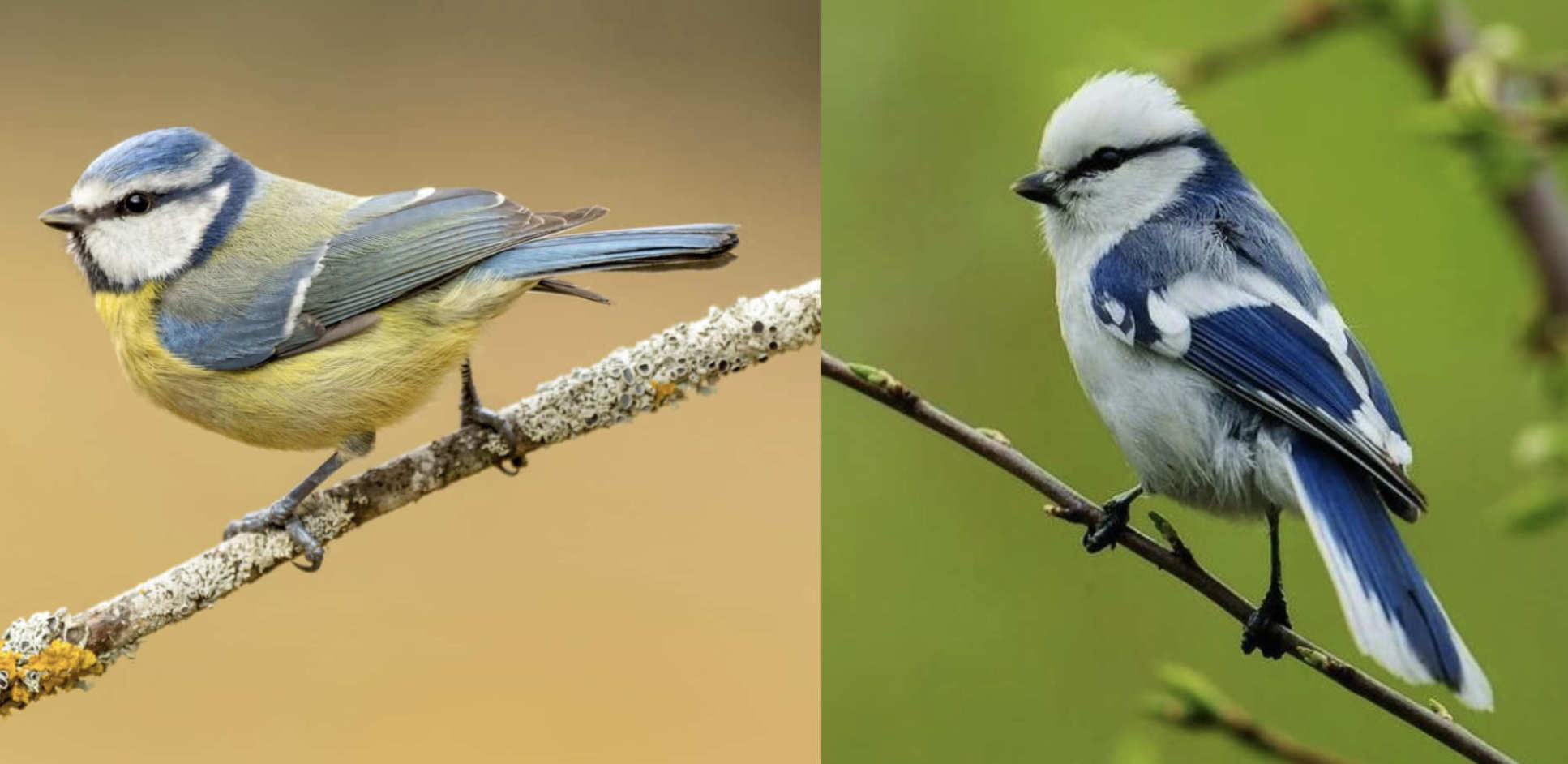
All across the world students are comparing bird diversity across a range of habitats by counting the number of species heard in bird song recordings. Using the voice memo or recording app on their smartphones, students are capturing audio of birds at dawn and dusk where they live, from outside a window or a nearby garden or park. Based on the data collected, species richness and diversity can be compared across different habitats.
"The way this term has been designed by staff has made it easy to negate the impact of time differences in completing university work. The experiments which have been set up for us have provided an interesting way to not only complete the module content, but to continue hands-on practical work regardless of where you are in the world." Billy Bray BSc student
Billy Bray, a student taking part in the virtual field course, said: "Being able to study from the comfort of my home with my family around has really helped alleviate most of the stress involved with the current situation.
"The way this term has been designed by staff has made it easy to negate the impact of time differences in completing university work. The experiments which have been set up for us have provided an interesting way to not only complete the module content, but to continue hands-on practical work regardless of where you are in the world."
Students will be using a single digital platform to upload their bird song data, but have been encouraged to delve deeper into identifying the species behind the audio recordings.
Imperial has a long history of nurturing talent in the Life Sciences and leading ecological experiments involving crowd-sourced datasets and bird song. Most recently, low-cost audio recorders were installed in the rainforest of Borneo, enabling researchers and the public to listen in 24/7. The SAFE Acoustics project allows users to listen to live audio or skip back throughout the day, for example to listen to the dawn chorus.
Fancy a brew?
Decomposition of organic matter is an important ecosystem function, primarily performed by microbes. It breaks things down into water, CO2, and nutrients, which are then used by other organisms, and channelled up the food chain.
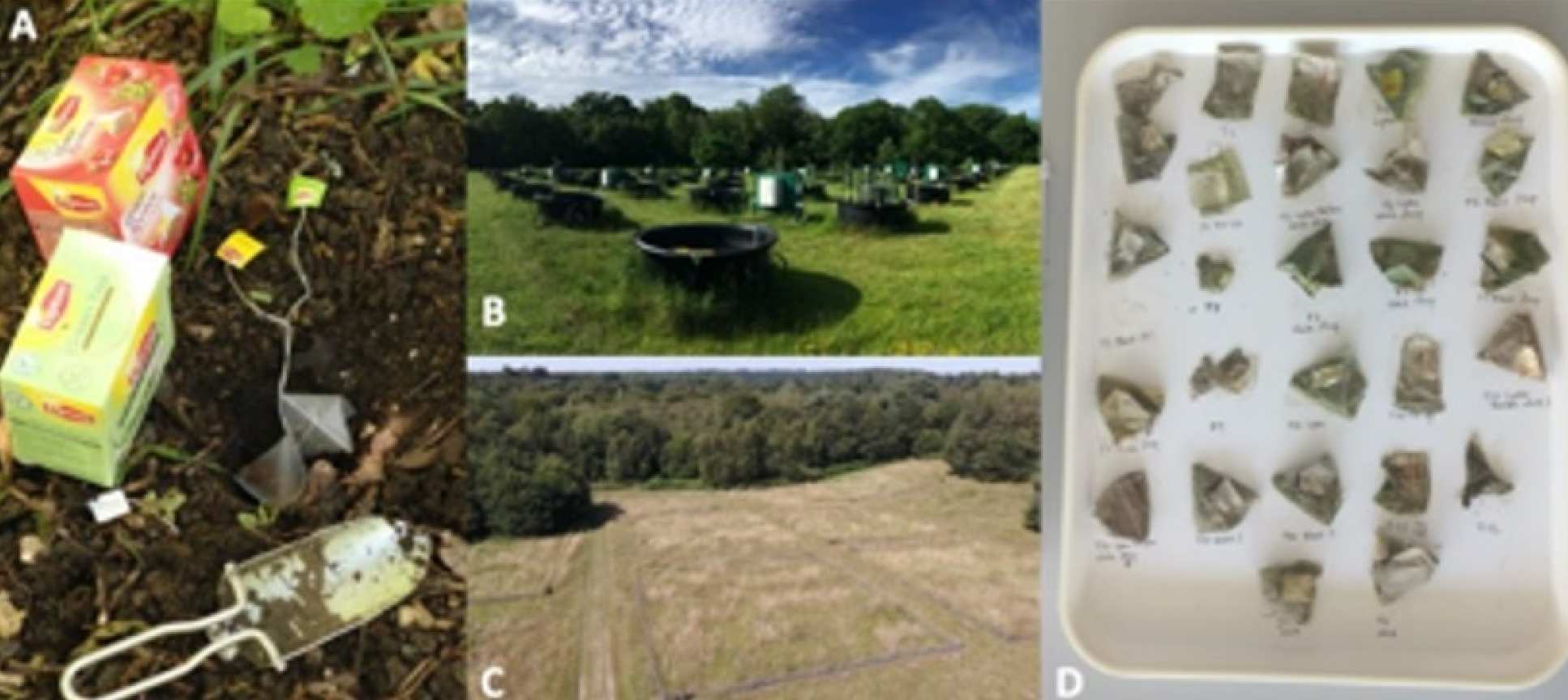
It is important for students to understand decomposition rates in natural environments, and importantly, how humans can affect these rates. The 'Tea Bag Index' is the second project of the module, and involves a novel method to measure decomposition, which is regularly used by the Department of Life Sciences' ecologists.
With only the need for a kitchen oven and a location for burying the bags, any student can take part and compare their decomposition data with that gathered at Life Sciences' Silwood Park campus, as well as with other global datasets.
Biodiversity in our oceans

Coral reefs are among the most biologically diverse, complex, and economically valuable ecosystems on Earth; tentatively valued at $1trillion annually. These systems are also in global decline and with their loss, so too goes the goods and services reefs provide.
For years scientists have focused on a few key groups to establish if reefs are healthy, but this approach misses a huge diversity of important, but hidden organisms that live within the coral reef structure.
In response, the third project of the virtual field course focusses on Autonomous Reef Monitoring Structures (ARMS), a new digital tool that allows an assessment of the hidden majority of species that live on coral reefs.
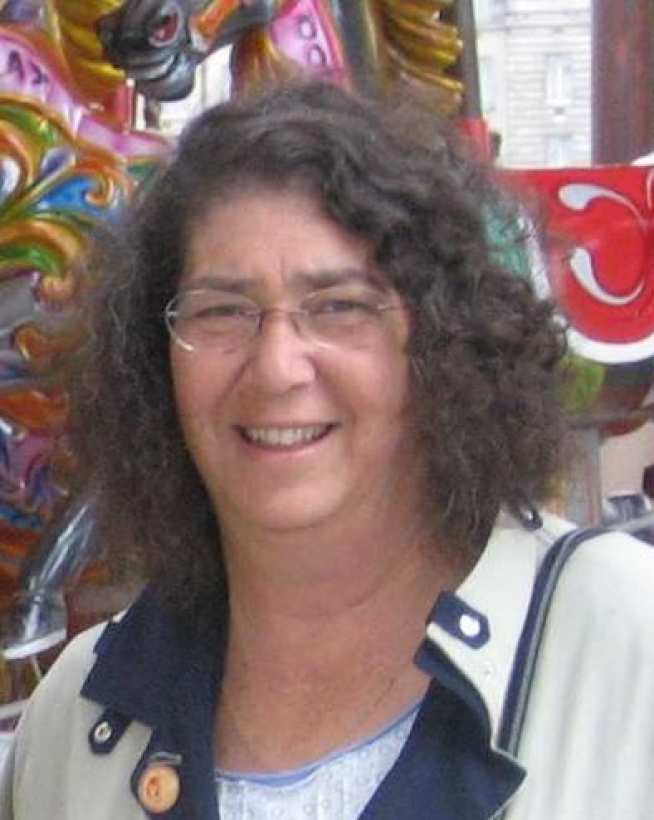
Dr Audrey Geffen, Senior Strategic Teaching Fellow and module co-organiser, said: "Our goal here is to provide students with the opportunity to learn what it takes to be a field ecologist, to collect data within groups, and to analyse that data and interpret the results in a report for assessment.
"We know our undergraduates are living in very varied circumstances at the moment. Depending on their situation during the summer term, they may be able to do some limited data collection outdoors, or they may have to do data collection from indoors, or from a computer. However, by working together within groups, I'm hopeful that every student will feel inspired to take up the challenge."
Want to study with us?
Find out more on our Department of Life Sciences page.
Current and prospective students can view a wide selection of answers to frequently asked questions on the College's regularly updated COVID-19 pages.
Article text (excluding photos or graphics) © Imperial College London.
Photos and graphics subject to third party copyright used with permission or © Imperial College London.
Reporter
Murray MacKay
Communications Division